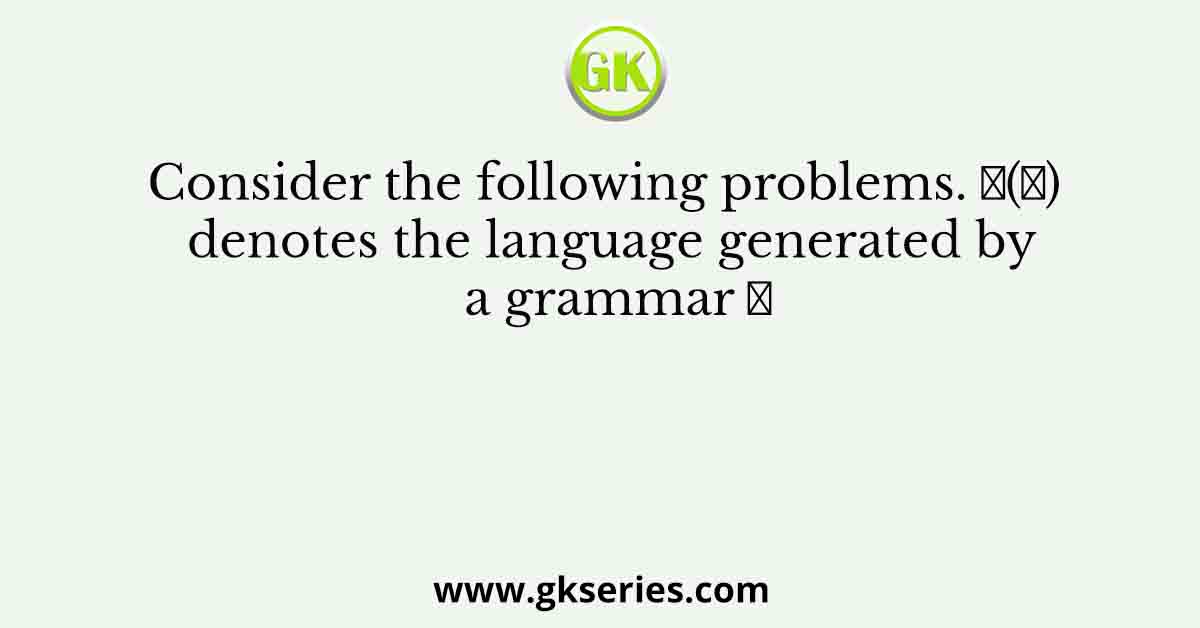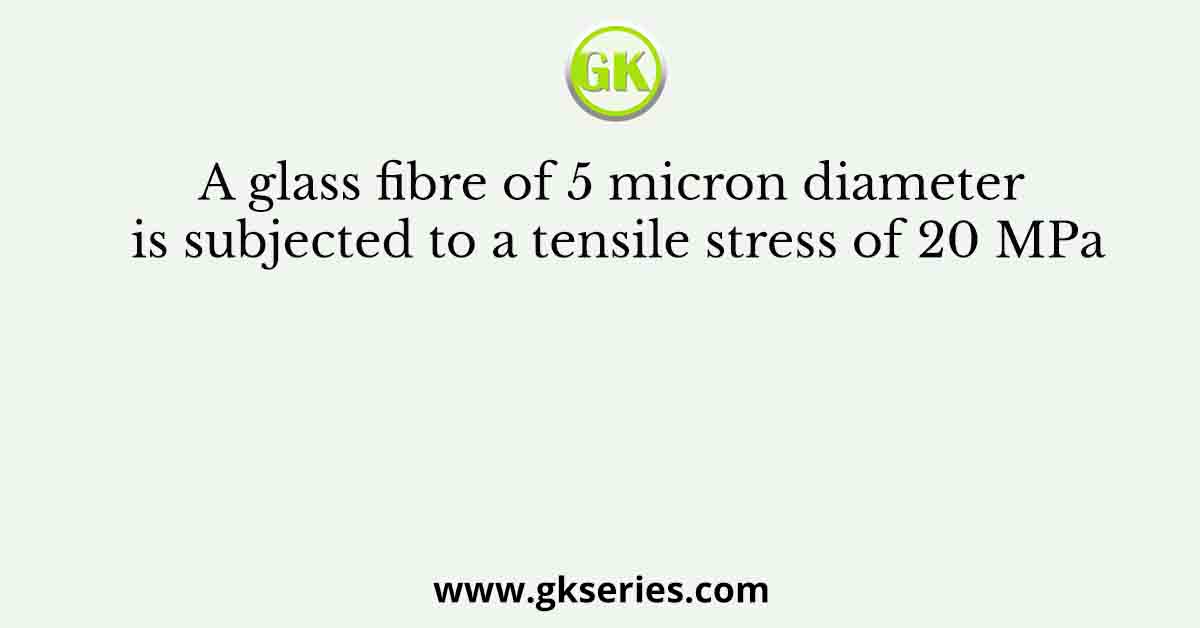
Q. Consider the following problems. 𝐿(𝐺) denotes the language generated by a grammar 𝐺. 𝐿(𝑀) denotes the language accepted by a machine 𝑀.
I. For an unrestricted grammar 𝐺 and a string 𝑤, whether 𝑤 ∈ 𝐿(𝐺)
II. Given a Turing machine M, whether L(M) is regular
III. Given two grammars 𝐺1 and 𝐺2, whether 𝐿(𝐺1) = 𝐿(𝐺2)
IV. Given an NFA N, whether there is a deterministic PDA P such that N and P accept the same language.
Which one of the following statements is correct?
(A) Only I and II are undecidable (B) Only III is undecidable
(C) Only II and IV are undecidable (D) Only I, II and III are undecidable
Ans: Only I, II and III are undecidable



![Determine the correctness (or otherwise) of the following Assertion [A] and the Reason [R]](https://www.gkseries.com/blog/wp-content/uploads/2023/10/Determine-the-correctness-or-otherwise-of-the-following-Assertion-A-and-the-Reason-R.jpg)
